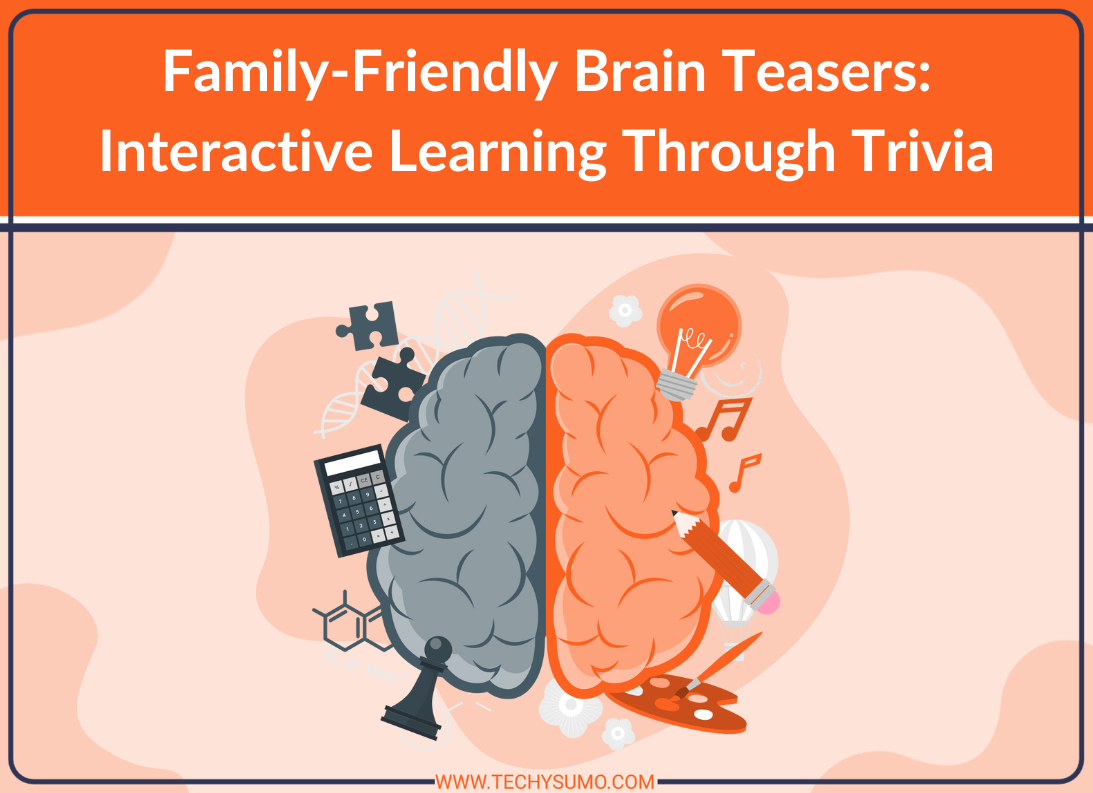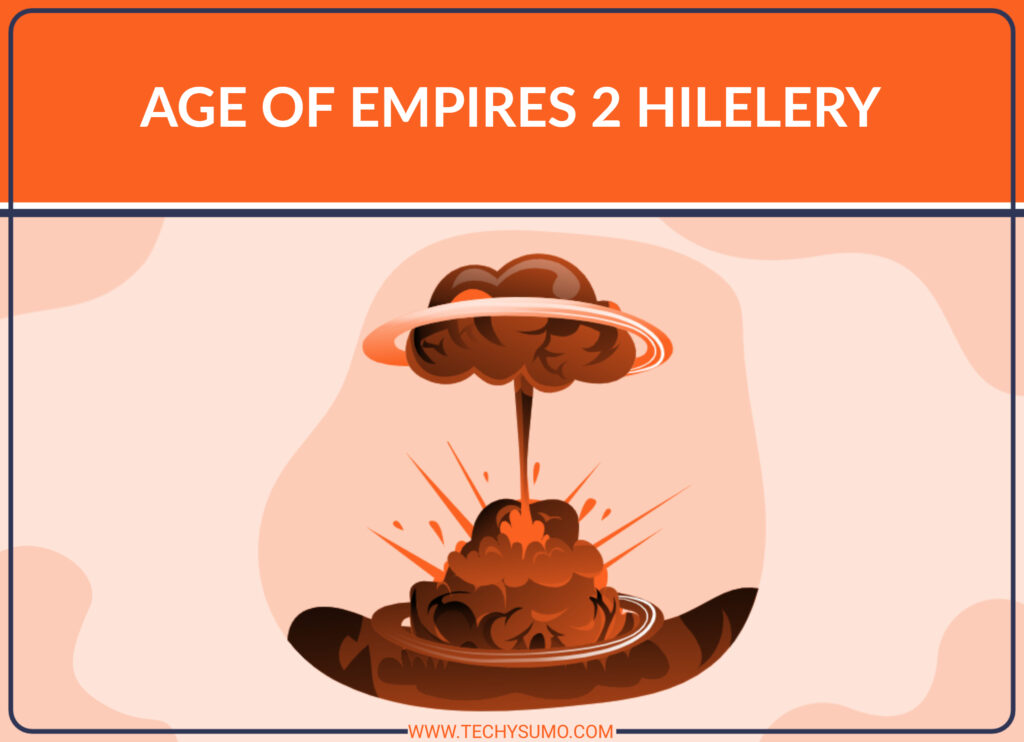Puzzle games have taken a special place in everyday household chores, combining fun and learning. Puzzles don’t just occupy time – they turn fun into opportunities for growth. When parents ask trivia questions during car rides or weekend afternoons, something interesting happens: children begin to associate learning with fun, not with a chore.
The magic happens gradually. A child who struggles with geography suddenly perks up when asked to identify the world’s capitals using riddles. Another who finds math boring discovers a love of numbers through logic puzzles. This change happens because puzzles bypass the formal structures that sometimes make traditional learning feel like work.
Table of Contents
How Mental Challenges Shape Young Minds
Children’s brains respond differently to information presented through puzzles compared to conventional teaching methods. The element of mystery activates curiosity pathways that direct instruction often misses. When a nine-year-old wrestles with a word puzzle, multiple cognitive processes fire simultaneously – pattern recognition kicks in, memory banks open, and creative thinking emerges.
This neurological activity proves particularly valuable during developmental years. Young minds that regularly encounter brain teasers show improvements in several areas: sustained attention becomes easier, problem-solving approaches become more flexible, and confidence in tackling unfamiliar challenges grows stronger.
Trivia-based activities expose children to knowledge they might never encounter otherwise. A question about ancient civilizations sparks interest in history. Another about animal behaviors opens doors to biology. These seemingly random encounters with information create unexpected connections that enhance overall learning capacity.
Also Read
The social element adds another layer of benefit. Siblings working together on puzzles learn negotiation skills. Parents and children collaborating on challenging riddles develop mutual respect. Even competitive moments teach valuable lessons about gracious winning and resilient losing.
Matching Puzzles to Developmental Stages
Five-year-olds approach brain teasers differently than teenagers, obviously. Younger children need puzzles that engage their senses – colorful picture riddles, simple rhyming challenges, or basic counting games. The goal isn’t difficulty but engagement. A preschooler who successfully identifies which animal doesn’t belong in a group experiences genuine accomplishment.
Middle schoolers and teenagers thrive on puzzles that make them think creatively. Logic problems with multiple possible solutions appeal to their developing abstract thinking abilities. Trivia questions about current events, pop culture, or specialized interests keep them engaged. The key is respecting their growing sophistication while maintaining the playful element that makes brain teasers enjoyable.
Adults shouldn’t feel left out of family puzzle time. Their broader knowledge base and life experience often provide crucial pieces for solving complex challenges. Many families discover that the most rewarding brain teaser sessions happen when different generations contribute their unique perspectives to shared problems.
Creating Sustainable Puzzle Traditions
Successful family brain teaser routines develop organically rather than following rigid schedules. Some families designate Sunday afternoons for puzzle challenges. Others integrate brief trivia sessions into daily routines – perhaps a riddle with breakfast or a brain teaser during bedtime preparation.
Themes can keep puzzle sessions fresh and engaging. A family might spend one month focusing on geography-based challenges, another exploring science trivia, and a third tackling historical mysteries. Seasonal themes work well too – holiday riddles, summer travel puzzles, or back-to-school brain teasers maintain relevance and interest.
Beyond Entertainment: Real Educational Impact
Communication skills improve naturally through collaborative puzzle-solving. Children learn to articulate their thinking clearly, listen to alternative perspectives, and build upon others’ ideas. These abilities transfer directly to classroom discussions, group projects, and social interactions.
Perhaps most importantly, family brain teaser sessions cultivate intellectual curiosity that extends far beyond the puzzles themselves. Children who regularly encounter interesting trivia questions often pursue independent learning about topics that capture their imagination. A brain teaser about space exploration might inspire astronomy reading. A historical riddle could spark interest in visiting museums.






